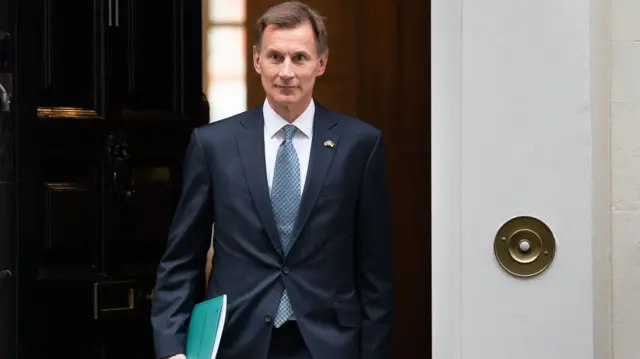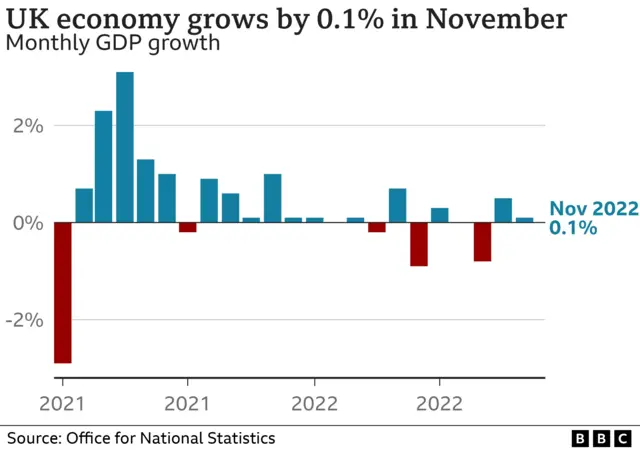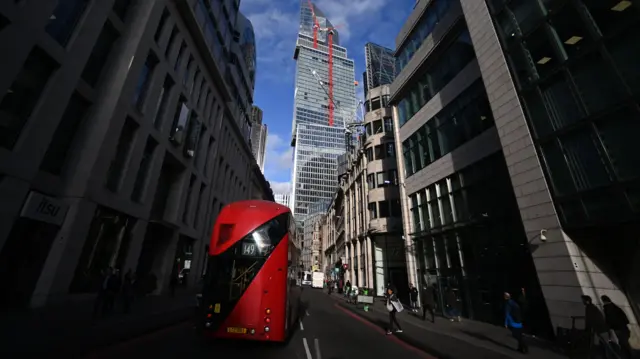Hunt: Focus is on controlling inflationpublished at 07:49 GMT 13 January 2023
 Image source, PA Media
Image source, PA MediaChancellor Jeremy Hunt has responded to the UK's latest GDP figures.
“We have a clear plan to halve inflation this year - an insidious hidden tax which has led to hikes in interest rates and mortgage costs, holding back growth here and around the world,” he says in a statement.
“To support families through this tough patch, we will provide an average of £3,500 support for every household over this year and next - but the most important help we can give is to stick to the plan to halve inflation this year so we get the economy growing again.”



